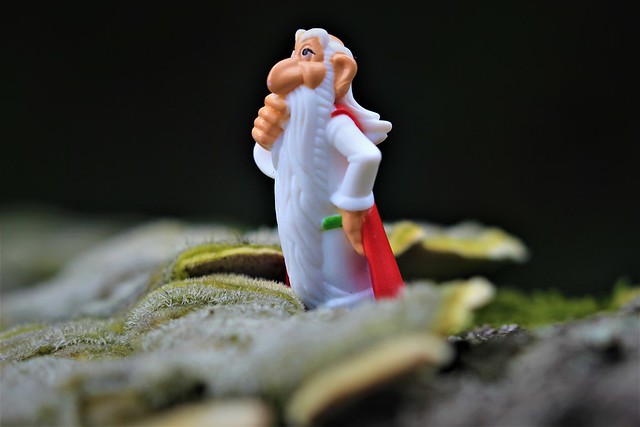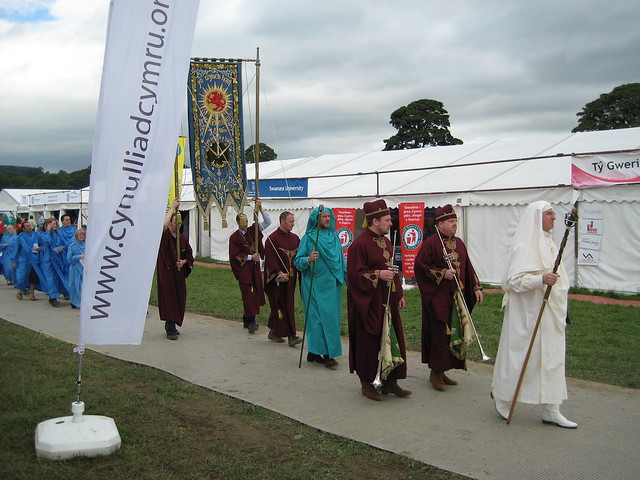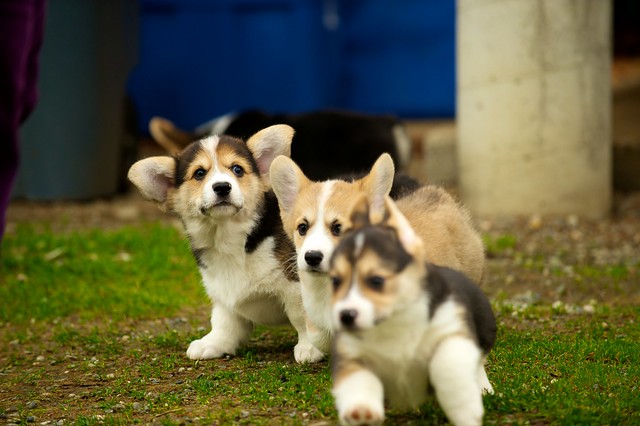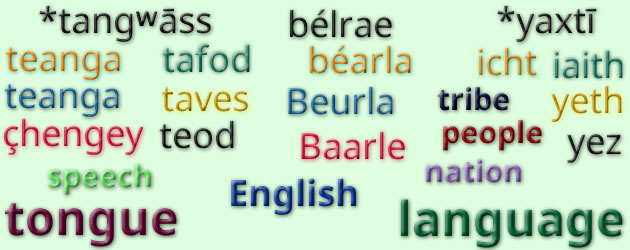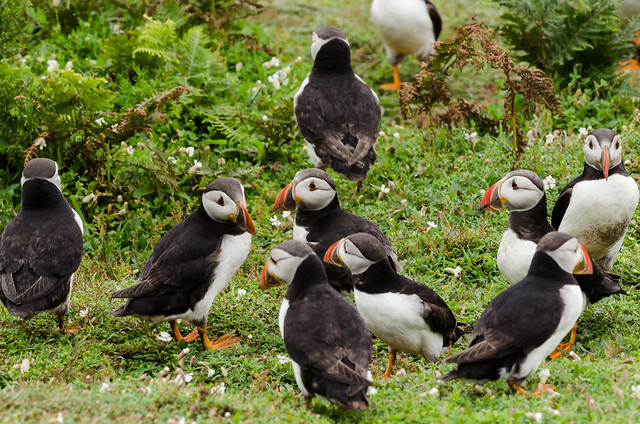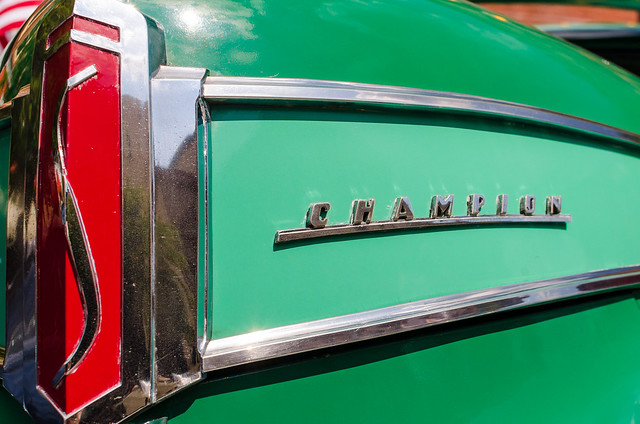Podcast: Play in new window | Download
In this episode we’re looking at words for horses and related beasts.
One Proto-Celtic word for horse was *kaballos, which possibly comes from an Asiatic source, and may ultimately come from the Proto-Indo-European *kebʰ- (worn-out horse, nag) [source].
Descendants in the Celtic languages include:
- *caballos = horse in Gaulish
- capall [ˈkapˠəl̪ˠ] = horse, mare in Irish
- capall [kahbəl̪ˠ] = mare, colt, horse, small horse in Scottish Gaulish
- cabbyl = horse in Manx
- ceffyl [ˈkɛfɨ̞l / ˈkɛfɪl] = horse, nag in Welsh
- cevil, kevil = horse in Middle Cornish, and kevelek (woodcock) in Revived Cornish
- cefel = horse in Old Breton, and kefeleg (woodcock) in modern Breton
The Gaulish word *caballos was borrowed into Latin as caballus. In Classical Latin it was only used in poetry, while equus was the usual word for horse. In Vulgar Latin and Late Latin caballus was more commonly used, and mean a horse, nag, pack-horse, jade or hack.
Words for horse in various other languages come from the same Latin root, including cavallo in Italian, caballo in Spanish, cavalo in Portuguese and cheval in French [source]. The English words cavalry, chivalry and cavalier also come from the same Latin roots [source].
Another Proto-Celtic word for horse was *ekʷos, which comes from the Proto-Indo-European *h₁éḱwos (stallion, horse) [source].
Descendants in the Celtic languages include:
- epos = horse in Gaulish
- each [ax] = horse (archaic) Irish
- each [ɛx] = horse in Scottish Gaulish
- eagh = steed, riding horse in Manx
- ebol [ˈɛbɔl / ˈeːbɔl] = colt, foal, sucker in Welsh
- ebel = horse in Cornish
- ebeul [ˈe.bøl] = foal in Breton
The English words equine, equestrian come from the same PIE root, via Latin [source], as do words beginning with hippo-, such as hippopotamus, hippodrome and hippomancy (divination by the interpretation of the appearance and behaviour of horses) the via Ancient Greek [source].
Another Proto-Celtic word for horse was *markos, which possibly comes from the Proto-Indo-European *márkos (horse) [source].
Descendants in the Celtic languages include:
- marc [mˠaɾˠk] = horse (literary, archaic) Irish
- marc [marxk] = charger, warhorse (literary) in Scottish Gaulish
- mark = horse in Manx
- march [marχ] = horse, stallion, war-horse, steed in Welsh
- margh [ˈmaɾx] = horse in Cornish
- marc’h [ˈmaʁχ] = horse, easel in Breton
The English words mare and marshal possibly come from the same roots [source].
More details about these words on Celtiadur, a blog where I explore connections between Celtic languages in more depth. I also write about words, etymology and other language-related topics on the Omniglot Blog.
You can also listen to this podcast on: Apple Podcasts, Amazon Music, Stitcher, TuneIn, Podchaser, PlayerFM or podtail.
If you would like to support this podcast, you can make a donation via PayPal or Patreon, or contribute to Omniglot in other ways.



